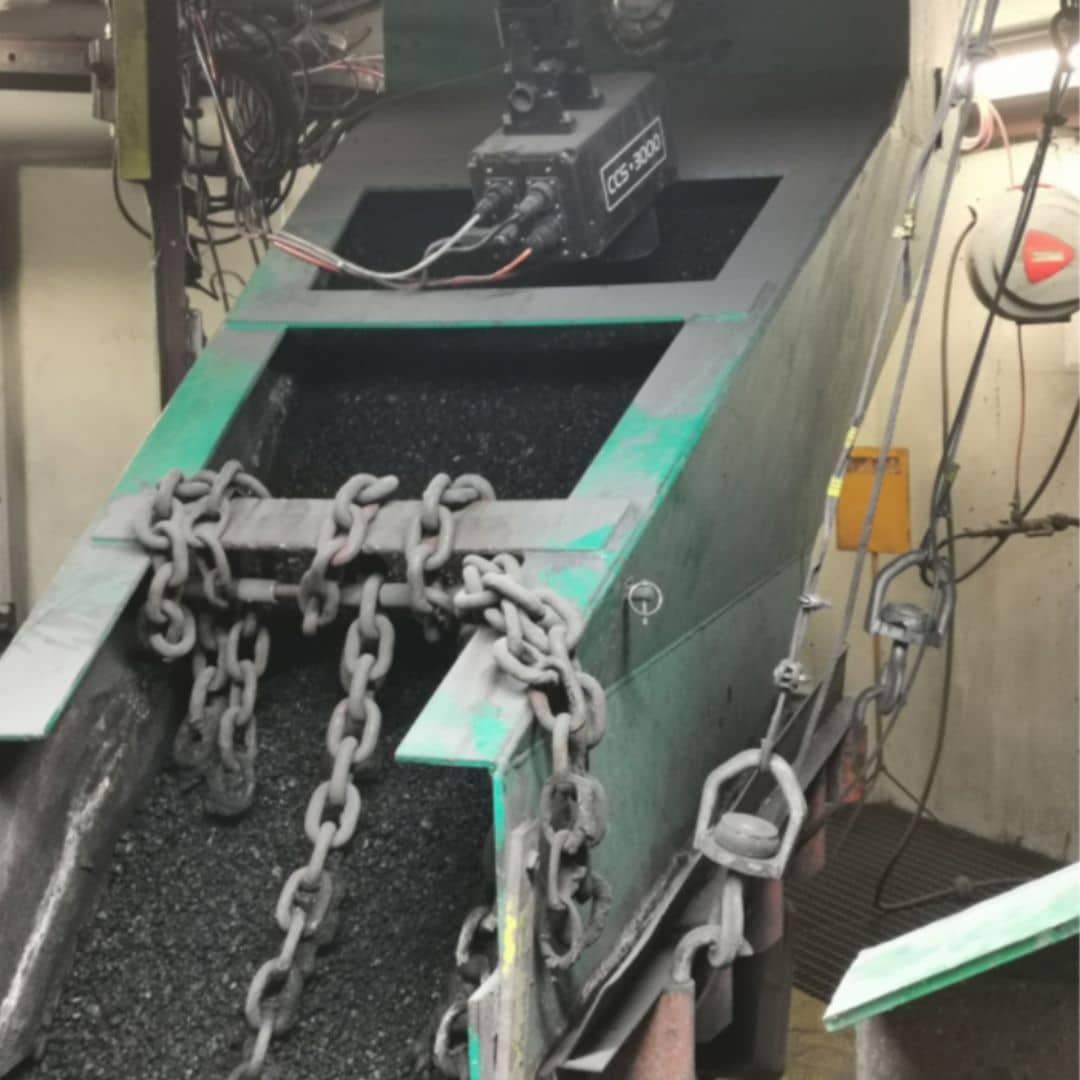Coal/Bio Coal Moisture
Proper Coal Moisture Measurement
Coal has a wide moisture content range, which affects its value as fuel and determines how environmentally friendly it is to use. The production process is directly related to its quality and without the proper handling during production, the quality of coal is depleted, potentially causing increased pollution. Moisture control allows coal producers to regulate moisture content, thereby creating a cleaner, higher-quality coal. To do this, accurate moisture testing instruments are necessary.
Using the CCS3000, you’ll be able to cut production costs while boosting product quality. The CCS3000 is low maintenance and energy efficient. It reduces start-up and downtime, and eliminates waste due to incorrect moisture content. For cleaner, more efficient fuel, the CCS3000 is your best option in coal moisture analyzers.
Measure Today With Unparalleled Precision
Bio Coal
Biomass Briquette OR Bio Coal is made from agricultural, wooden and forestry wastes by high compression process without adding any chemical, glue or binder. It is thus ‘binder-less’ technology product resulting in 100% natural eco-friendly, pollution-free solid fuel. Biomass briquettes are a renewable source of energy and avoid adding fossil carbon to the atmosphere. It can provide a similar amount of energy as low-grade fossil coal and 30% – 80% more energy than wood pellets
A popular biomass briquette takes a waste produce such as sawdust, groundnut shells, cotton stalk, castor seed shells etc.; compresses it and then extrudes it to make a reconstituted log that can replace firewood and coal. A very low moisture and ash content around 8% makes briquette preferable solid fuel. Briquettes give much higher boiler efficiency because of low moisture and higher density; since bio-coal has high density, it saves transport costs and space in storage.

non-contact
Our equipment never comes into contact with the product, allowing for less waste
zero drift
Our sensors are guaranteed not to drift over time – which saves time and money
closed loop
Create a closed-loop process by tying a moisture sensor into your PLC. Full control over the line!
no recalibrations
We’ve mastered the art of moisture sensors – your unit will never need to be recalibrated for the same product twice!
What is the Solution?
The CCS3000 takes accurate measurements of moisture (in % dry and % wet) allowing you to regulate moisture levels either automatically or manually. It also takes measurements of temperature, and other levels vital to coal production.
Assess
Locate the point in the production process in which measuring moisture will be the most crucial and beneficial. Identify how you will use the moisture measurement data for improvements and if it will tie into your PLC.
Remember this could involve more than one installation point!
Contact
We offer service and support throughout the world for our moisture measurement sensors and would be happy to connect you with a rep in your area. Contact us today for more information!
The Process
Moisture content in coal processing is an essential factor to monitor as the lack or excess of moisture can impact the production and quality of the final product. Without the proper handling and production processes, the quality of coal is depleted, potentially causing increased pollution.
